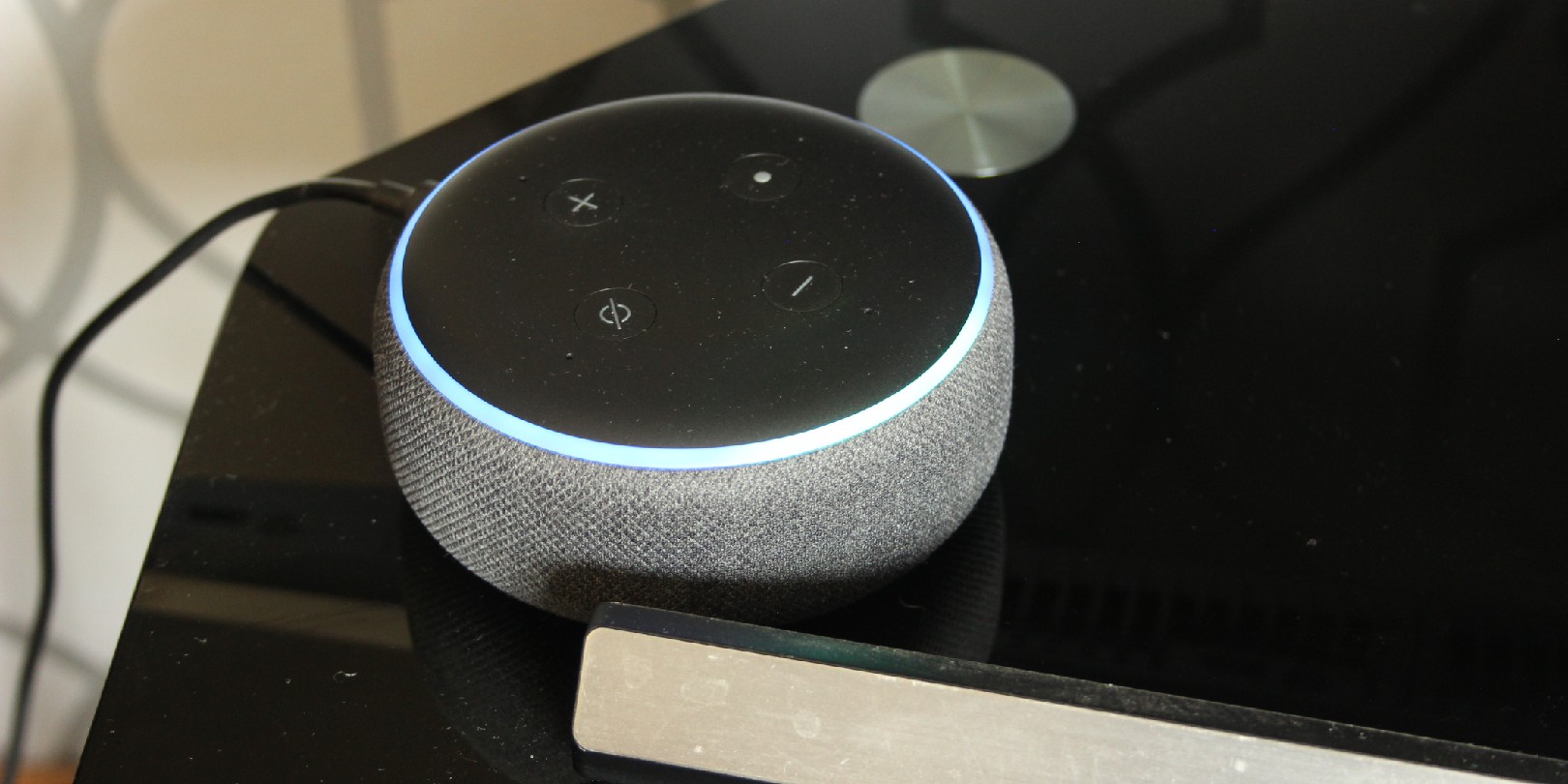Alexa vs Google Home: Which Is the Better Investment?

As smart home electronic and tech products continue to evolve, voice assistants have become an integral part of our daily lives. Two major players in the voice assistant market are Amazon Alexa and Google Home. Both of these options offer a range of features that bring voice-controlled convenience to your home. But which one is really the better investment?
In this post, we’ll compare Amazon’s Alexa and Google Home’s specs. We’ll look at their compatibility, features, ecosystem, and integration to help you make an informed decision and choose the voice assistant that will best suit your home’s needs and preferences.
Compatibility and Ecosystem
When it comes to compatibility, both Alexa and Google Home offer wide support for various smart home devices. However, Amazon Alexa has a slight advantage due to its longer market presence. Alexa is compatible with a vast range of smart devices including speakers, smart displays, and third-party devices. It works with popular brands like Philips Hue, Nest, and Ring. On the other hand, Google Home has made significant progress in expanding its compatibility and works seamlessly with devices from popular brands like TP-Link, August, and WeMo. offers a growing ecosystem that includes Google’s own devices like Nest speakers and displays. It also integrates well with other Google services, such as Google Photos and Google Calendar. It’s essential to check if the specific smart devices you plan to purchase are compatible with your chosen voice assistant to ensure seamless integration.
A simple way to think about this is if you have more Amazon products, it may be better to go with Alexa. And if you have more Google-branded products go with Google Home.
Features and Voice Recognition
Both Alexa and Google Home come with an impressive array of features. Alexa boasts over 100,000 skills, which are voice-activated applications that extend its capabilities. These skills enable you to do everything from ordering pizza to controlling your smart home devices. Google Home, powered by Google Assistant, offers similar functionality, allowing you to ask questions, set reminders, play music, and control smart devices. When it comes to voice recognition, Google Assistant has an edge due to its superior natural language processing capabilities. It often provides more accurate responses and understands context better than Alexa. However, Alexa has a larger user base, which contributes to the development of a robust and diverse skill ecosystem.
Privacy and Data Handling
Privacy and data handling are critical concerns when using voice assistants. Both Alexa and Google Home store voice recordings to improve accuracy and functionality. Amazon allows you to review and delete voice recordings manually, while Google offers automatic deletion options. Both companies also implement stringent privacy policies and employ encryption to protect user data. However, it’s important to be aware that using voice assistants means sharing data with the respective companies, and you should carefully evaluate your privacy concerns based on your comfort level and trust in the companies’ privacy practices.
Conclusion
Choosing between Amazon Alexa and Google Home depends on your specific needs and preferences. Alexa excels in compatibility and skill ecosystem, making it a great choice if you have a wide range of smart devices and seek a robust skill library. On the other hand, Google Home offers superior voice recognition and tight integration with Google services. Consider factors such as compatibility, features, ecosystem, and privacy when making your decision. Ultimately, both voice assistants provide an impressive range of capabilities, bringing voice-controlled convenience and smart home integration to your everyday life.